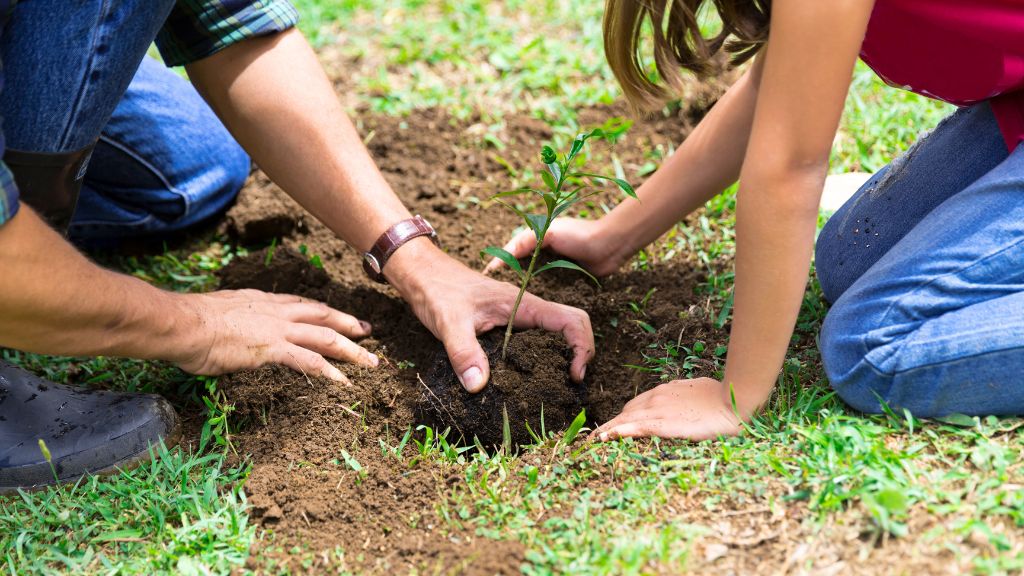
Earth Day is April 22, making it the perfect time to reflect on how our habits impact the environment around us in Kansas City. While we often focus on reducing waste and conserving energy in our homes, one aspect that may go unnoticed is septic maintenance.
A healthy septic system is instrumental to the well-being of your household, as well as environmental preservation. Let's explore eco-friendly tips to
keep your septic system in top condition while minimizing your ecological footprint.
1. Regular Inspections and Pumping
One of the most effective ways to practice eco-friendly septic maintenance is to make a habit of inspecting your system and scheduling pumping sessions. Regular septic inspections can help you detect issues early, preventing costly repairs and environmental damage.
Additionally,
pumping your septic tank (generally every three to five years) removes accumulated solids, preventing them from leaching into the soil and contaminating groundwater.
2. Conserve Water
Reducing water consumption benefits your utility bills, septic system, and the environment. Excessive water usage can
overload the system, leading to inefficiencies and potential failures.
Implement water-saving habits such as:
- Fixing any leaks and drips
- Installing low-flow fixtures
- Upgrading to an energy-efficient washer machine
- Being mindful of daily water usage
By conserving water, you extend your septic system's lifespan and preserve a precious natural resource.
3. Use Septic-Safe Products
Household products can contain harsh chemicals and
additives that can disrupt your septic tank's balance of bacteria, leading to system malfunctions and environmental harm. Instead, opt for septic-safe products labeled as biodegradable and environmentally friendly.
These products break down more easily, minimizing the impact on your system and the surrounding environment.
4. Proper Waste Disposal
Improper waste disposal can negatively affect your septic system and the environment. Avoid flushing non-biodegradable items (e.g., wipes, feminine hygiene products, floss), and don't pour grease and oils down the drain to prevent
clogged pipes and damage to your septic tank.
Implement responsible waste disposal practices by composting organic waste, recycling whenever possible, and disposing hazardous materials at designated facilities. Minimize the load on your septic system to reduce the risk of pollution and contamination.
5. Plant Trees and Vegetation Strategically
Thoughtful landscaping helps maintain a healthy septic system and promotes environmental sustainability. Planting trees and vegetation away from the system helps prevent root intrusion, which can damage pipes and compromise their integrity.
Additionally, vegetation serves as a natural filter, absorbing excess nutrients and preventing them from reaching groundwater sources. By carefully planning your landscaping, you can
enhance the functionality of your septic while creating a more eco-friendly outdoor space.
Take Care of Your Septic System and Local Ecosystem
As septic owners who share the environment with neighbors and wildlife, eco-friendly maintenance practices are vital. Implement the tips above to ensure the longevity of your septic system and support a healthy environment.
This Earth Day, let's commit to preserving our planet by adopting sustainable habits that benefit both our homes and the environment. Together, we can make a positive impact and contribute to a healthier, greener Kansas City!